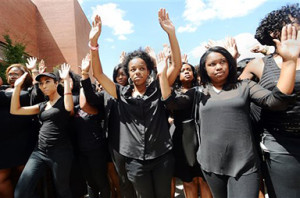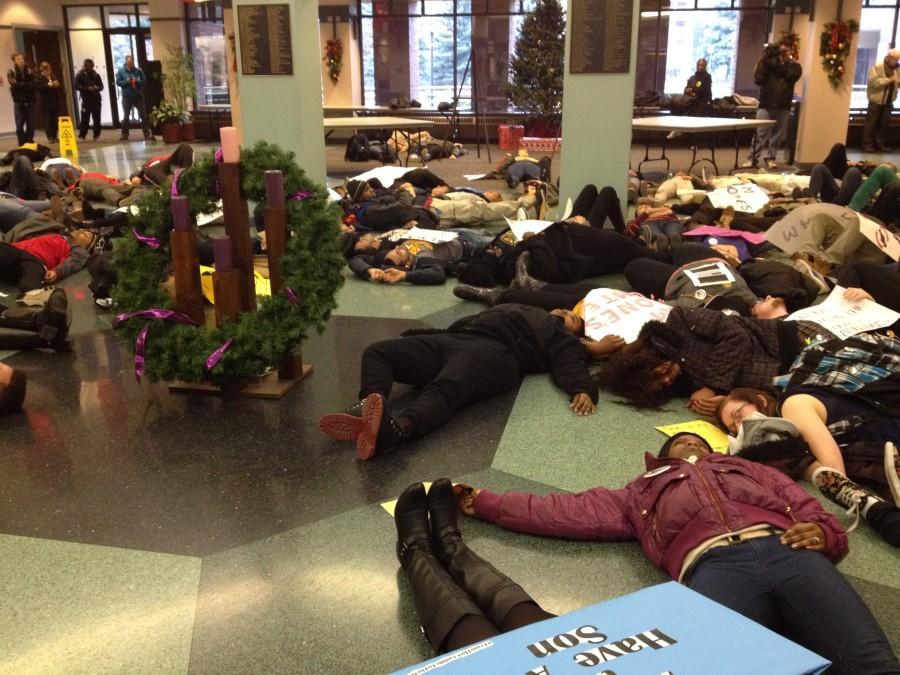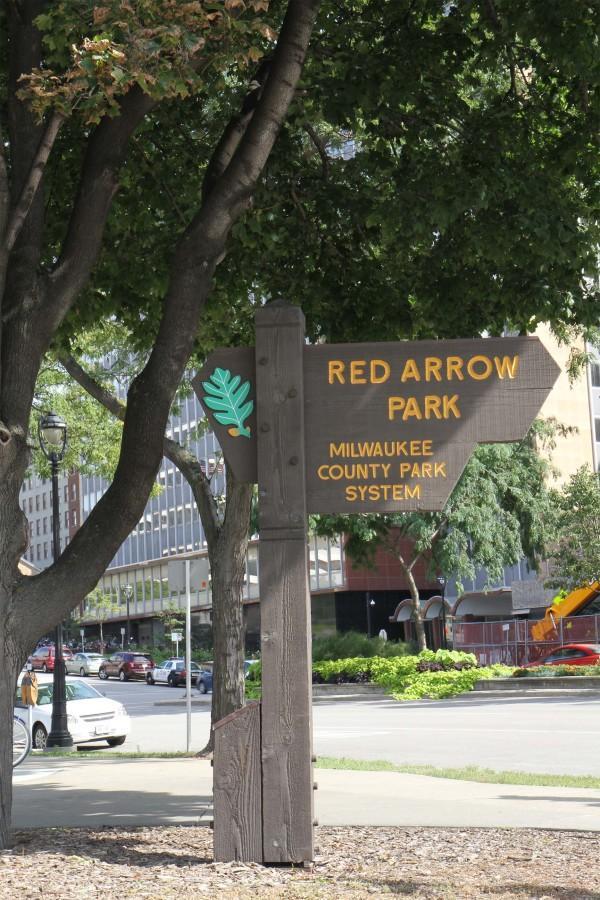 When things get moving, sometimes it is important to get out of the way or join in the order of things. Recently, this has been my reaction to the skepticism of the Ferguson protests. Many of the comments I have read on social media and heard from peers have focused on very specific aspects of the current social movement. One of the most popular posts making the rounds online focuses exclusively on the methodology of Ferguson and previous protests, rather than their actual content.
When things get moving, sometimes it is important to get out of the way or join in the order of things. Recently, this has been my reaction to the skepticism of the Ferguson protests. Many of the comments I have read on social media and heard from peers have focused on very specific aspects of the current social movement. One of the most popular posts making the rounds online focuses exclusively on the methodology of Ferguson and previous protests, rather than their actual content.
These kinds of critiques are unwarranted. They act as argumentative distractions, drawing us away from the central issues by poking and prying at the less important ones. Other examples of these criticisms range from “protesting won’t do anything” and “what about other social issues,” to assertions similar to Kareem Abdul-Jabbar’s recent claim in Time Magazine that Ferguson isn’t about race, it’s about class.
Reducing or over-simplifying a movement’s basis endangers and jeopardizes its future and staying power. They don’t act as checks on the protests or the overarching ideology. Rather, they chip away at its very foundation, contributing to a potential collapse. Abdul-Jabbar’s article attempts to define the protests as having one definitive purpose, excluding all other potential views and ideologies that are at work. After participating in a march last Friday, I witnessed more of the issues addressed in the recent wave of protests than the single issue that many individuals writing about them make it out to be. There is an acknowledgement among all those rallying together that these issues are interconnected. The critiques of social movements such as those mentioned only break down these connections, harming their efficacy.

Regarding a different political movement, the Occupy Wall Street protests, scholar Linda Martin Alcoff shares a similar view. She writes, “We cannot decide in advance what the right tactics are, or even what the correct line is, or what will inflame the imagination. The correct tactics and the correct line will be the ones that are effective in mobilizing new political participants, that work to raise the level of organization and consciousness, and that effectively reveals the true nature of the state and of the society we live in.”
The key takeaway from this quote is that when a movement starts, its trajectory will depend on its current and future participants. Those on the outside who are either impartial or not invested should be wary of their comments and views on the crux of the issue. Any sort of nit-picking or discussion of semantics — like Kareem Abdul-Jabbar’s article and other numerous online posts like it — does not add any substance to the movement itself. It just takes up space.
If you’re strolling down a sidewalk and are alerted to a person jogging behind you, you’re not going to critique their form or deliberately walk in their way; you’re probably just going to step out of the way. This same courtesy should be given to social movements.





